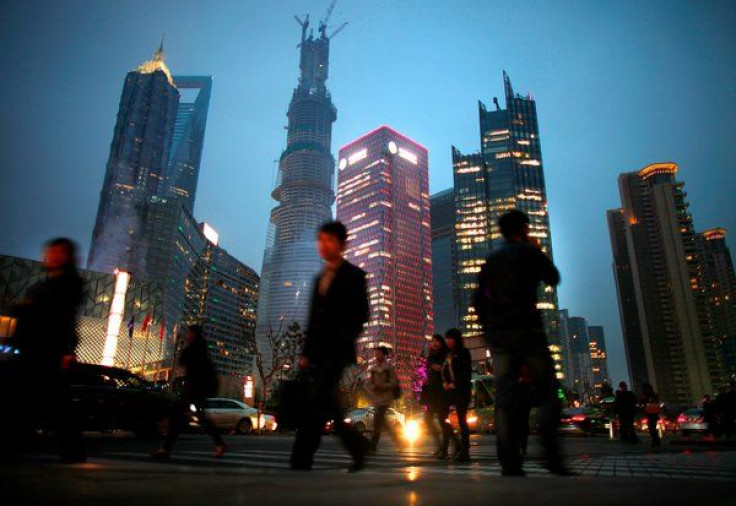China Should Replace Capital Gains Tax With Property Tax If It Wants To Cool Real Estate Speculation And Price Rises, Say Chinese Experts

If the Chinese government wants to reel in rising home prices and burst a real estate bubble before it harms the economy, it should stop pushing a capital gains tax and instead expand property taxes to more cities, according to the state’s leading academic research organization.
In March, Beijing and Shanghai, together home to more than 43 million people, replaced a 1-to-2 percent property transaction tax with a 20 percent tax on the proceeds of the sale in an attempt to cool down an overheating property market in the country’s top two cities. The government has been concerned for months about a real estate bubble in its urban centers.
But researchers at the Chinese Academy of Social Sciences (CASS) say that the capital gains tax is simply being tacked on to the price of a property for buyers because there are no rules that say this is prohibited.
"If the 20 percent capital gains tax is strictly enforced, we think overall home prices might have relatively big gains [in 2013]," CASS researcher Li Enping said at a media conference in Beijing on Thursday, according to Reuters. "If the focus of policy enforcement turns to raising property ownership taxes, home prices might keep a stable trend or even drop slightly."
CASS has advocated for policies that would promote a “consumer-led” real estate market and has criticized the state’s solutions, saying that taxes on trading processes will do little to curb real estate speculation.
And if home prices in the country’s large cities are any indication, CASS may be right. The government began trying to curb investment-oriented real estate since 2010, but home prices have continued to rise. The latest measures in Shanghai and Beijing, which also include limiting home ownership to one property per single person, are a response to previous measures that have not succeeded in bringing down prices.
New home prices were up 3.6 percent in March. Since last year, home prices have been on the rise in the country’s more in-demand markets. On Thursday, the National Bureau of Statistics said home prices rose in 68 of the 70 major home real estate markets, up from 66 in February and 53 in January.
A property tax, says CASS researchers, would do more to keep home prices down because the added upfront cost of buying a home wouldn’t affect the price as much as would a one-time capital gains hit to the seller. While CASS says more study will be needed to figure out how to impose a property tax that would curb speculation without raising purchasing costs to buyers, it claims that it would be preferable for city governments to consider an alternative to the fix imposed on Beijing and Shanghai.
Currently, Shanghai and Chongqing have implemented a 1.2 annual property tax since 2011, but the level is so low that it has done little to prevent speculation in the market. Reuters cited local media reports saying that the cities of Shenzhen and Hangzhou are considering imposing property taxes as well, though there is no official confirmation.
© Copyright IBTimes 2024. All rights reserved.












